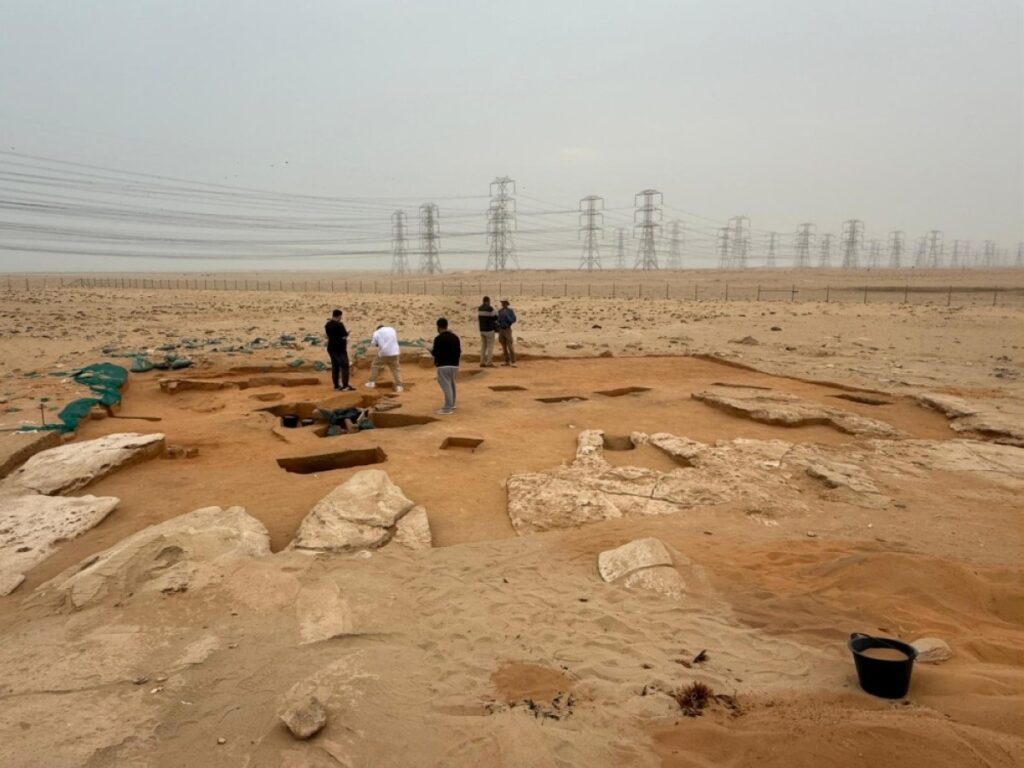Discoveries offer valuable insights into lives of community thousands of years ago
KUWAIT: The National Council for Culture, Arts and Letters (NCCAL) announced on Monday the discovery of more than 20 ancient kilns dating back approximately 7,700 years at the Bahra 1 archaeological site in the Subiya area of northern Kuwait. The latest findings also include a half-model of a winged owl, remains of locally grown barley estimated at 7,500 years old, pottery vessels that broke during firing, a small clay human head, miniature figurines, a ship model and pottery used in food preparation.
Mohammed bin Redha, Acting Assistant Secretary-General for Antiquities and Museums at NCCAL, told Kuwait News Agency (KUNA) that Bahra 1 is considered the oldest and largest known settlement in the Arabian Peninsula belonging to the Ubaid culture, dating back to around 5700 BC. “These discoveries offer valuable insights into the lives of the local community thousands of years ago,” he said.
Ben Redha noted that the Polish archaeological mission’s work this season centered on field studies and laboratory analyses aimed at reconstructing aspects of daily life, including ornament production. The team also conducted ground-penetrating radar surveys, which revealed buried cultural features that may guide future excavations. Dr Hassan Ashkanani, Assistant Professor of Archaeology at Kuwait University, said the new discoveries mark a significant addition to existing knowledge about early settlement development in the Subiya area. He recalled that previous seasons uncovered workshops for crafting jewelry and ornaments from shells.
Dr Agnieszka Bienkowska, Deputy Director of the Polish excavation team, said the latest findings shed light on daily practices, food preparation, the production of local pottery using clay mixed with wild plants, and the use of bitumen as fuel. Professor Anna Smogorzewska highlighted the pottery remains and the associated workshop as among the most important discoveries made at the site in recent years.
Bahra 1 has been a major center of archaeological research since 2009, through cooperation between NCCAL and the Polish Centre for Mediterranean Archaeology at the University of Warsaw. The current Polish mission is supervised by Professor Piotr Bielinski, with Dr Bienkowska serving as deputy director for this season. — KUNA

